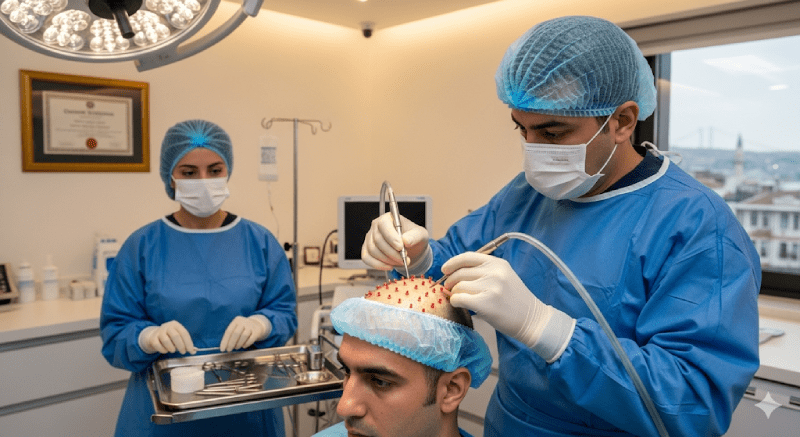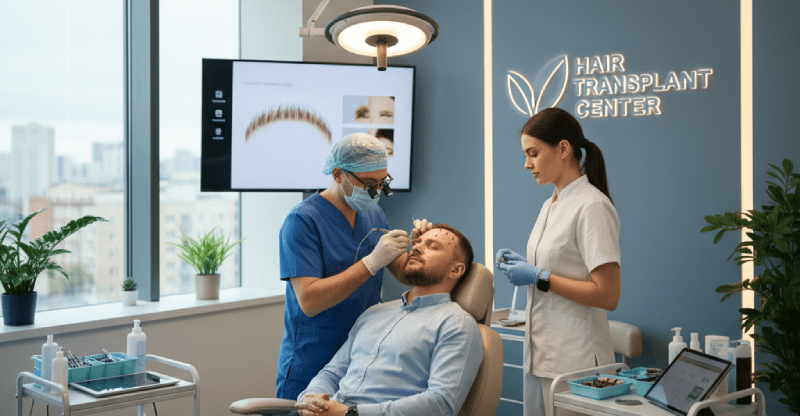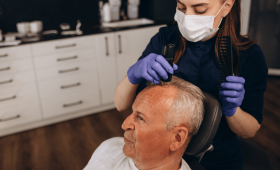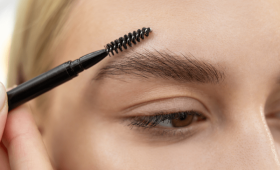Hair transplantation is a procedure that can yield very successful results when approached with the right information. This guide aims to shed light on your decision-making process by comparing Turkey and Spain.
Eligibility and the Effects of Lifestyle
- Eligibility: The most important factors for determining if you are a suitable candidate for a hair transplant are the type and degree of your hair loss, the quality and density of the hair in your donor area, and your general health status. Generally, individuals over 18 who have reached a certain level of hair loss but have sufficient hair in the donor area are candidates. If you have chronic conditions like heart disease or diabetes, a detailed consultation with a doctor is essential.
- Lifestyle Habits (Smoking and Alcohol): Smoking and alcohol can negatively affect the success of the operation. Smoking constricts blood vessels, restricting the flow of oxygen and nutrients needed by the grafts. This prolongs the healing process and can lower the graft survival rate. Alcohol thins the blood, which can lead to bleeding during and after the operation. Therefore, it is strongly advised to stop these habits at least one week before the procedure.
- Genetic Factors (Thickness and Hair Type): Genetic factors directly affect the results. Thick hair strands provide a fuller appearance, while curly hair can create more volume. The higher the quality of the hair in the donor area, the better the results will be in the transplanted area.
Operation Process, Recovery, and Permanence
- Post-Operative Hair Shedding: It is quite normal to experience a process called shock loss after a hair transplant. The transplanted hairs fall out within approximately 2-8 weeks due to the stress of the operation. However, this is not permanent hair loss. The roots remain in place, and new, healthy hairs begin to grow within 3-4 months.
- Permanence: The hair follicles transferred during a hair transplant are permanent because they are taken from the donor area (usually the back of the head), which is genetically resistant to hair loss. Hair transplantation is a permanent solution that helps you maintain your hair for life.
- Recovery Process and Care: For the first few days after the operation, the transplanted area will be sensitive. The first wash is usually done at the clinic with a special lotion and shampoo. The scabs are expected to fall off within the first two weeks. Full recovery and the emergence of final results can take 6 to 12 months. It is very important to follow your doctor’s recommendations meticulously during this process.
Techniques and Results
- Hair Transplant Techniques:FUE (Follicular Unit Extraction) and DHI (Direct Hair Implantation) are the most common techniques.
- FUE: Hair follicles are harvested one by one and implanted into pre-opened channels. It is suitable for transplanting into large bald areas.
- DHI: Hair follicles are implanted directly using a special tool called a Choi Pen, with channel opening and implantation happening simultaneously. It is preferred for denser transplants and filling in thinning areas.
- Prevalence in Countries: Both techniques are widely used in both Turkey and Spain. However, due to its high volume of operations and experience in this field, Turkey is one of the countries that most frequently applies the most advanced versions of DHI and FUE (for example, sapphire FUE).
- Natural-Looking Results: Natural-looking results depend more on the surgeon’s experience, aesthetic knowledge, and proper planning than on the technique itself. Thanks to a high volume of operations and the specialization of its surgeons, Turkey has a worldwide reputation for natural-looking results.
- Graft Count and Density: The ideal number of grafts depends on the degree of your hair loss and the capacity of your donor area. This is determined during the pre-operative consultation. Density refers to the number of grafts per square centimeter in the transplanted area and is critical for a natural look. Your expectations should be met with realistic planning.
Clinic and Doctor Quality
- Certifications and Regulations:
- Turkey: Clinics are generally supervised by the Ministry of Health and may have certifications like JCI (Joint Commission International), which demonstrate compliance with international standards. Turkey has highly developed legal regulations in the field of health tourism.
- Spain: Spanish clinics are also supervised by local health authorities. However, since Spain is not an international hub for hair transplantation like Turkey, the scope of certifications and regulations may not be as strict.
- Doctor Experience: While both countries have very talented doctors, the number of operations in Turkey is much higher. This allows Turkish surgeons to have significantly more practical experience in hair transplantation.

Potential Complications and Emergencies
- Potential Complications: The most common risks include infection, bleeding, swelling, poor graft survival, or numbness in the donor area. Most of these complications can be prevented by paying attention to post-operative care.
- Emergencies: In case of emergencies such as severe bleeding, intense pain, or signs of infection, your clinic should have a 24/7 emergency hotline or staff available. Turkish clinics often provide special support services for international patients.
Travel, Accommodation, and Additional Services
- Convenience: In terms of travel, accommodation, and transportation, Turkey generally offers more affordable and organized packages than Spain. Many clinics include services such as airport transfers, hotel accommodation, and translation in their prices.
- Travel Duration: A recovery period of approximately 3 days is recommended after the operation. This, along with the one-day operation and a return to the clinic for the first wash, usually requires a total stay of 2-3 nights.
- Consultations: Pre-operative consultations are usually done face-to-face, but many clinics also offer online consultations for an initial assessment. Post-operative consultations are held regularly to monitor your recovery process.
- Amenities for Companions: Many clinic packages offer accommodation options for companions. Furthermore, cities in Turkey are rich in history and tourism, making it easy to engage in tourist activities outside of the operation.
Patient Experience and Satisfaction
- Reviews and Success Stories: Due to the high volume of hair transplant operations, Turkey has a much richer body of patient reviews, success stories, and before/after photos. This allows potential patients to research clinics and doctors more effectively.
- Patient Satisfaction: Patient satisfaction rates vary by clinic in both Turkey and Spain. However, the competitive environment and specialization in Turkey help keep overall satisfaction rates high.
- Language and Translation Support: Especially in Turkey hair transplant clinics serving international patients offer translation services in languages such as English, Arabic, and German. This minimizes communication issues.
- Return to Daily Life: You can return to light activities 1-2 days after the operation. You should avoid strenuous sports and sun exposure for 2-4 weeks.
Cost and Financing
- Cost Differences: The main reasons why hair transplant costs are lower in Turkey than in Spain are lower labor and operation costs, lower living expenses, and government policies that encourage health tourism. The competitive market in Turkey also makes prices more attractive.
- Hidden Costs: Hidden or extra costs may arise in low-cost operations. Look at the package content carefully. Generally, transfers, accommodation, and medications are included in the price.
- Financing Options: Some clinics may offer financing or payment plan options. This is a matter that needs to be clarified by speaking directly with the clinic’s finance department.
- What’s Included in the Price: The price usually includes: consultations, the operation itself, post-operative medications, the first wash, transfers, and sometimes accommodation.



